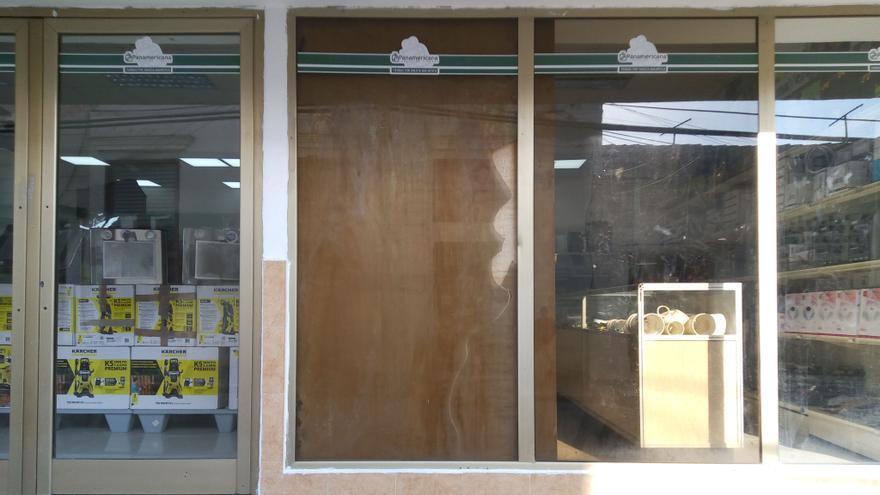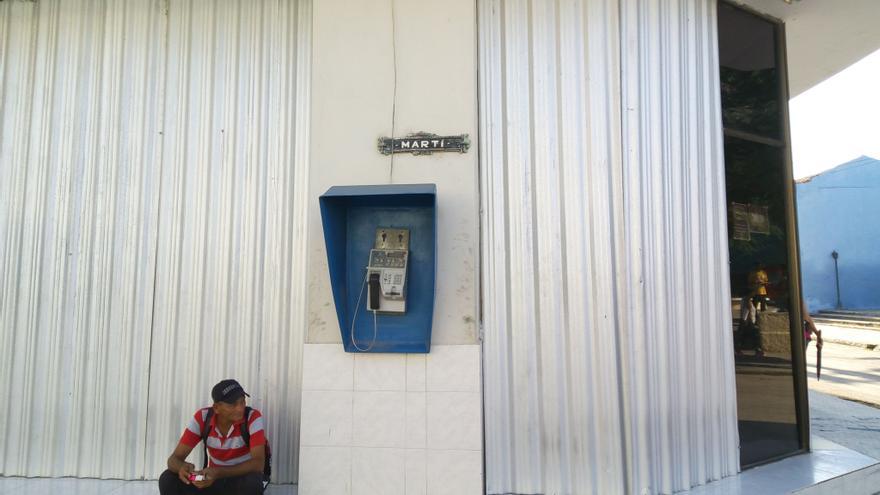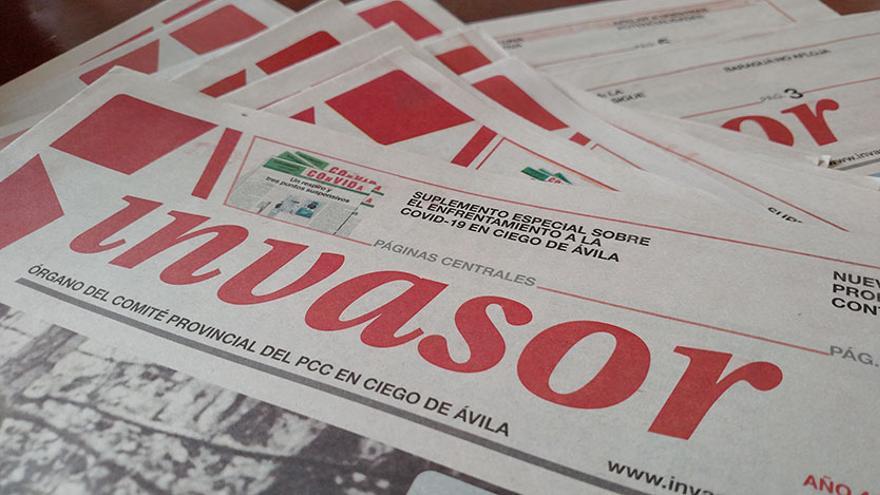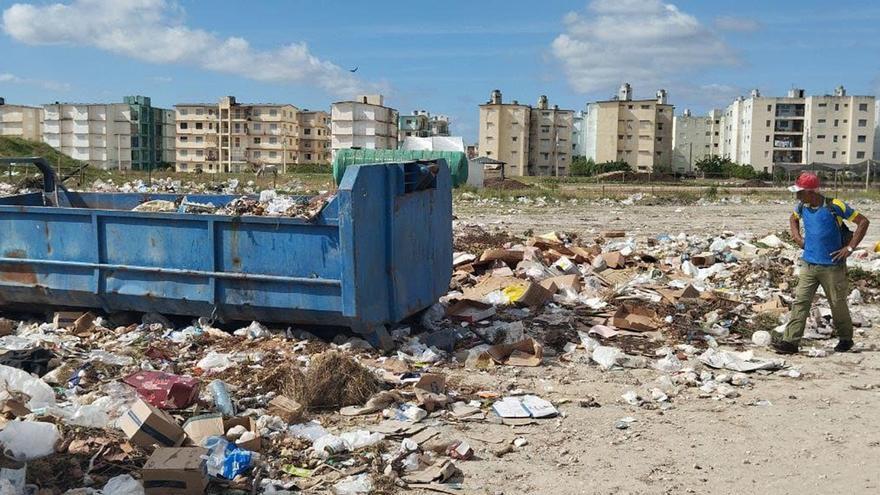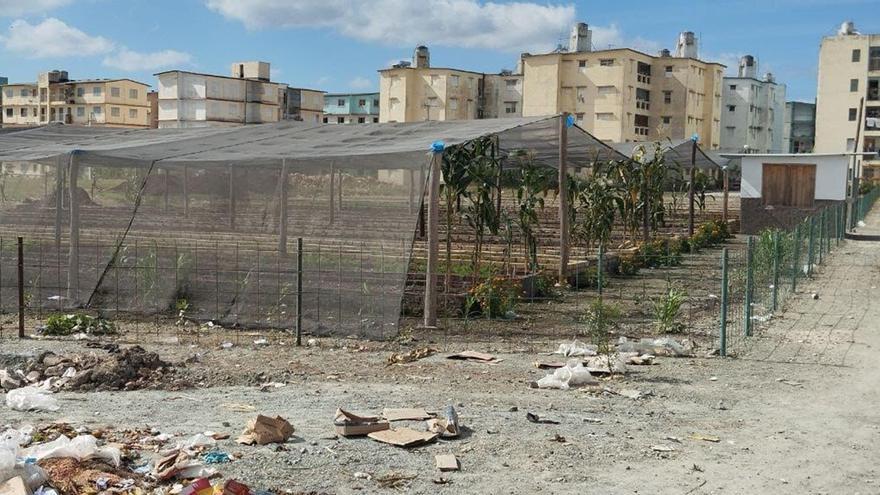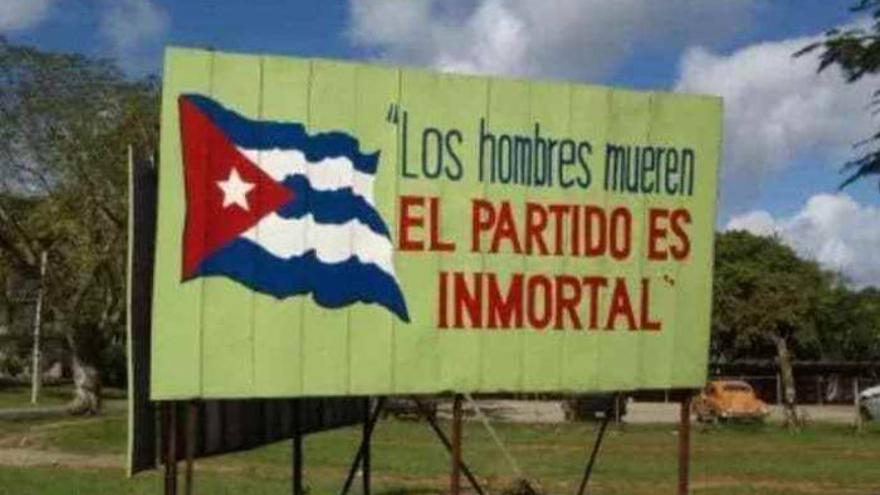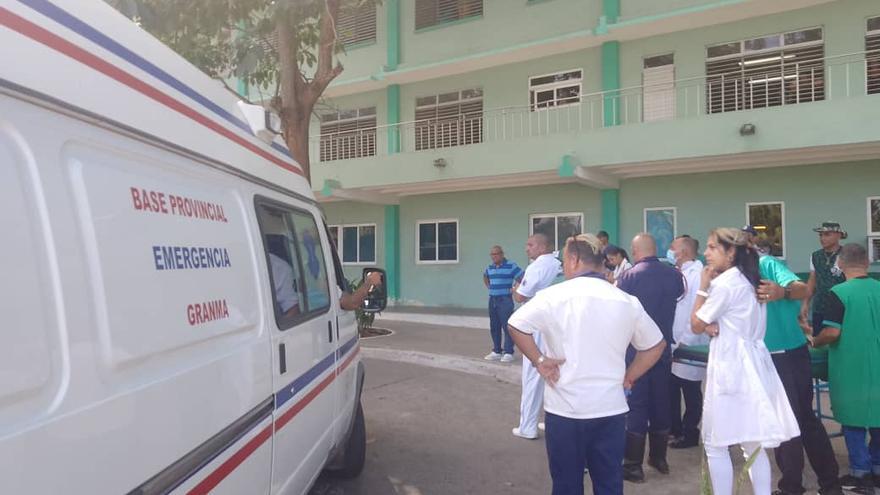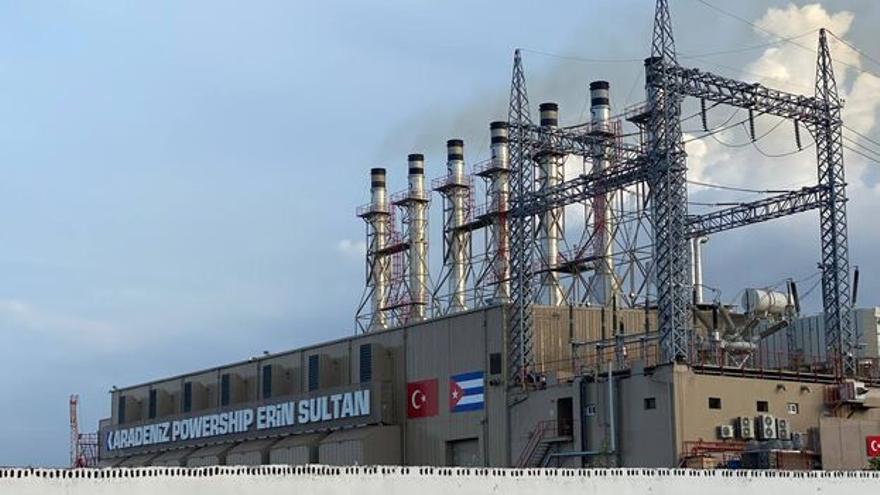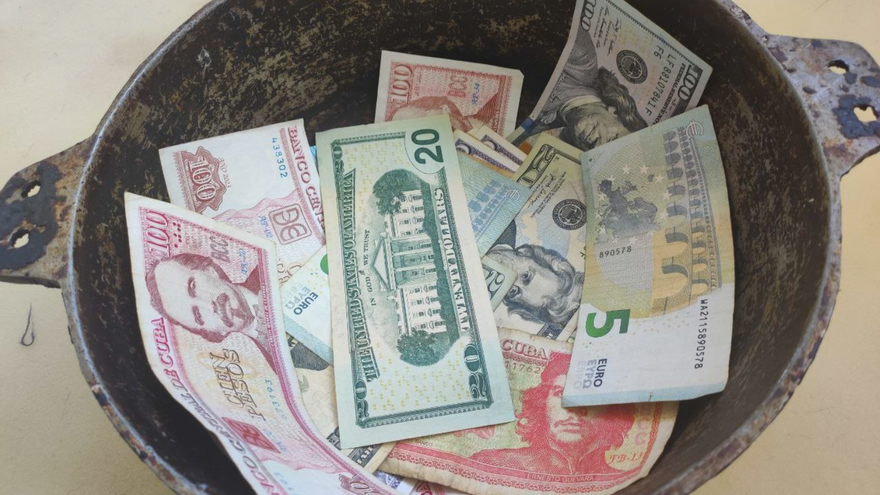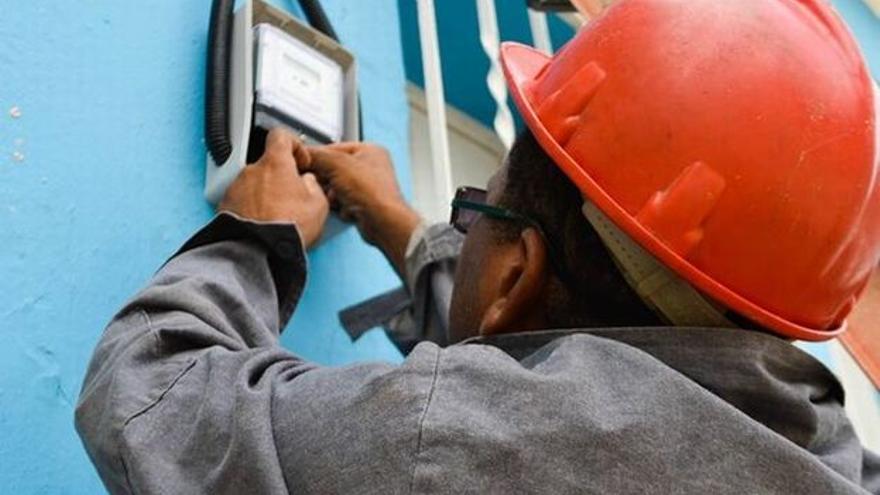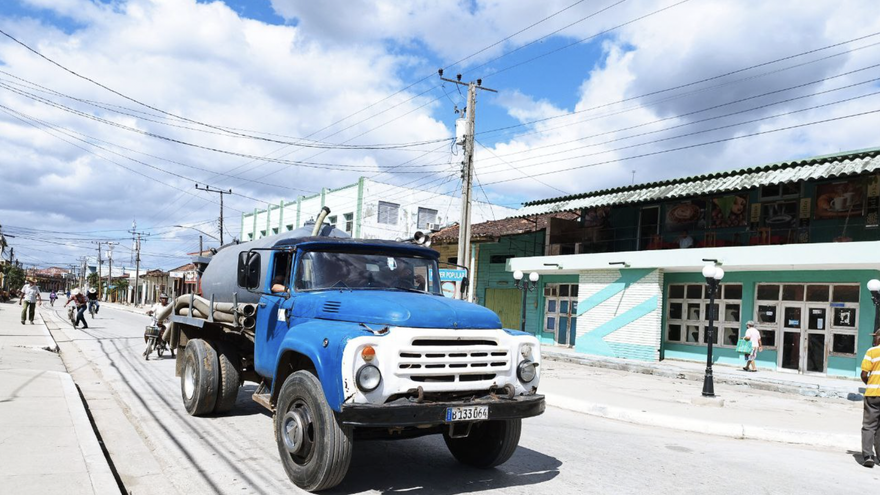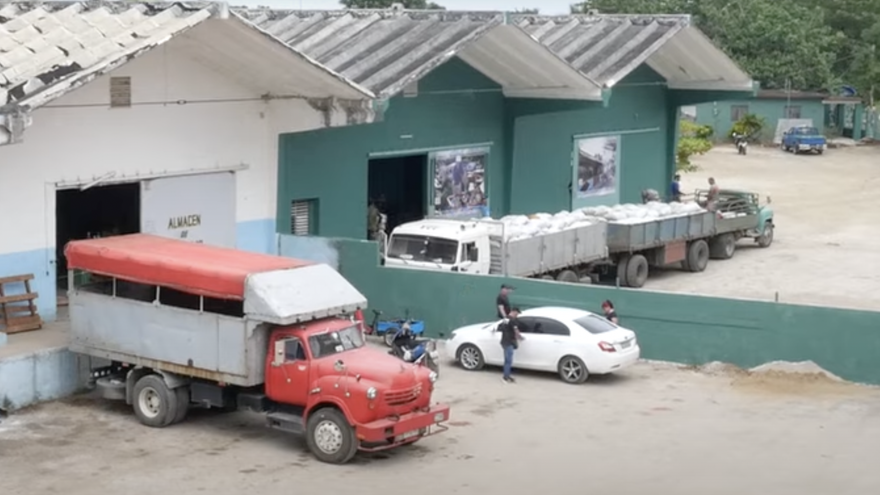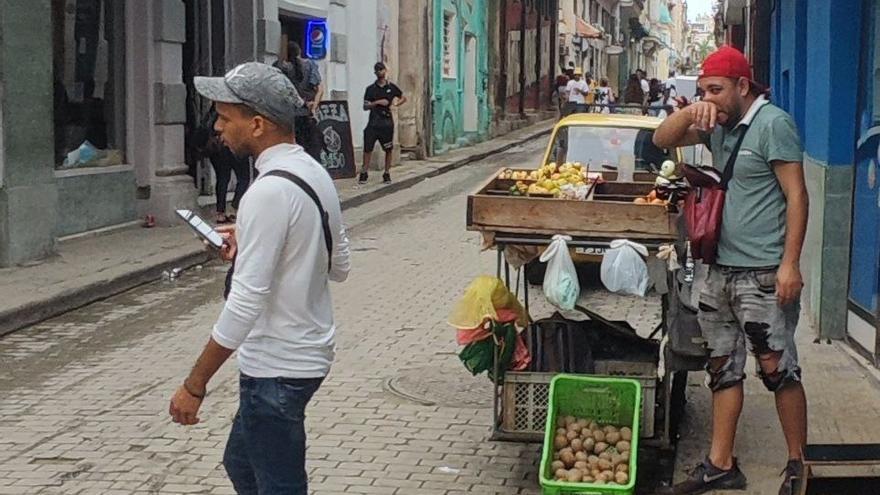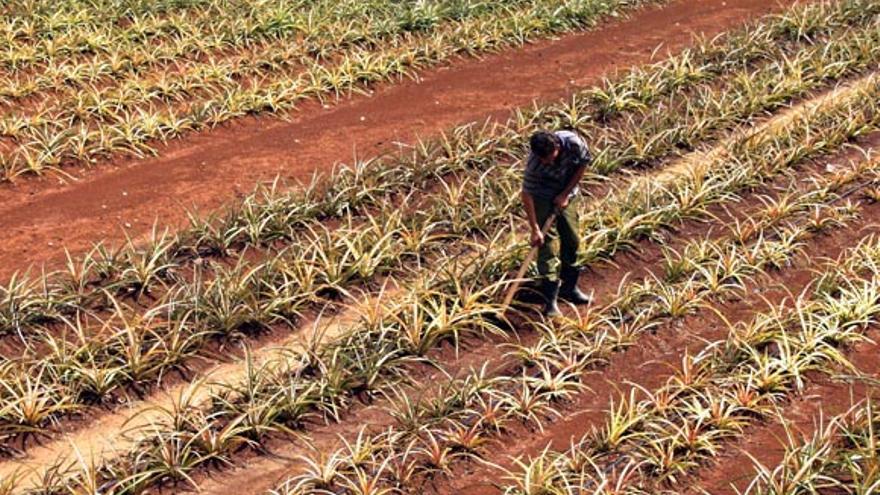
![]() 14ymedio, Havana, January 17, 2024 — The Cuban Government announced on Tuesday the reduction from 5% to 2% of the tax on the wages of private ranchers and farmers. The measure, announced on State TV’s Round Table program by the directors of the National Tax Office (ONAT), responds to a strategy to stimulate the depressed agricultural sector of the Island, which imports about 80% of the food it consumes.
14ymedio, Havana, January 17, 2024 — The Cuban Government announced on Tuesday the reduction from 5% to 2% of the tax on the wages of private ranchers and farmers. The measure, announced on State TV’s Round Table program by the directors of the National Tax Office (ONAT), responds to a strategy to stimulate the depressed agricultural sector of the Island, which imports about 80% of the food it consumes.
Juan Carlos Vilaseca Méndez, deputy head of the ONAT, explained that, as stated in the Official Gazette, the reduced tax will be applied to the gross income of landowners and usufructuaries [leasers] of State land, as well as to landless livestock holders and other private food producers, including sugarcane farmers. That is, once the expenses have been subtracted – as long as 80% of these can be justified – from the taxes and the tax withholdings that the farmers had throughout the year, then another 2% can be deducted.
The tax on retail sales of agricultural products in municipalities and popular councils where the authorities have centralized prices will also fall from 10% to 5%. The “bonus,” as stated in the law, aims to convince producers and merchants to sell in the State market rather than in the informal one.
Two years after the creation of the private enterprises, the communists set out to increase the revenue, jeopardizing the viability of many of these entities that are still weak
The ONAT authorities alluded to the new measures as something revolutionary that will allow the Cuban economy to be channeled, especially at a time of great reforms. However, in an analysis of the new tax and budgetary rules of the State, the Cuban economist Elías Amor offered a
completely different assessment of the perks to producers. According to him, the difference between what was paid before and what the producers continue reading
The Official Gazette also confirms the end of tax exemptions for the private enterprises and non-agribusiness cooperatives at the end of six or 12 months. This was mentioned at the time that the benefit was implemented in 2021, which was intended to promote the creation of these companies.
The personnel hired by these entities will also be incorporated into the regular contribution plan and “will be taxed under the same rules as workers in the State sector.” The ONAT directors present this as an advance in “terms of tax equity.”
Employees of local development projects, on the other hand, will pay taxes according to the Special Social Security Contribution, which applies to self-employed workers.
“Two years after the creation of the private enterprises, the communists set out to increase the collection, jeopardizing the viability of many of these entities that are still weak,” Amor said, while the ONAT officials assert that these companies “have demonstrated contributory capacity.”
Despite the importance of these measures, the ONAT officials devoted most of their attention to the State budget. They said that the country is implementing policies “for the prevention and confrontation of tax indiscipline, non-compliance and evasive behavior,” something that Amor described as an attempt to “increase the income of the State budget, tightening the screws on State entities and, above all, on the new economic actors,” to “keep the economy controlled and inert.”
In short, [they are] measures introduced by surprise to raise more and impose discipline in the processes of raising resources in favor of the [State] budget
To those who pay their taxes on time, the State will give bonuses, such as the 5% discount offered to the owners who pay their taxes before next February 28. “If you also pay by Transfermóvil, another 3% is discounted for the use of electronic channels,” added Belkys Pino, another ONAT director who spoke on Cuban Television.
On the other hand, those who fail to comply with the deadlines will be treated with severity. “During 2023, more than 3,000 authorization withdrawals were made and 2,600 establishments were closed, temporarily or definitively. Likewise, we had more than 8,700 account seizures, 2,667 ’regulations’ of exits from the country and 2,444 taxpayers with debts who remain regulated (not allowed to travel). Those who paid all of their debts were able to travel without problems,” Pino explained.
The officials also reported that since January, a campaign of Declaration and Payment of Taxes began on the Island, “which represents one of the most important processes conducted by the Tax Administration and which requires mandatory compliance for taxpayers.” In 2023, 94.4% of natural persons and 99% of legal entities paid taxes on time, and this year the managers say that “indicators are higher in both cases than those reached before,” adding that 64% of the State budget depends on these taxes.
The ONAT leaders did not hesitate to allude to the moral values of taxpayers who demonstrate their “discipline,” their “responsibility, honesty and commitment to society.” They also stressed, despite the poor condition of the Island’s institutions, that these funds will go to vital sectors such as Public Health, Education and Social Security.
Elías Amor’s assessment, however, was not so positive. “In short, [they are] measures introduced by surprise to raise more and impose discipline in the processes of raising resources in favor of the [State] budget. They have nothing to do with the well-being of the people, nor with social justice or the necessary economic development, but rather with Marxist and Leninist postulates based on the distribution of wealth that only impoverish the Cuban people more and more.”
Translated by Regina Anavy
____________
COLLABORATE WITH OUR WORK: The 14ymedio team is committed to practicing serious journalism that reflects Cuba’s reality in all its depth. Thank you for joining us on this long journey. We invite you to continue supporting us by becoming a member of 14ymedio now. Together we can continue transforming journalism in Cuba.




